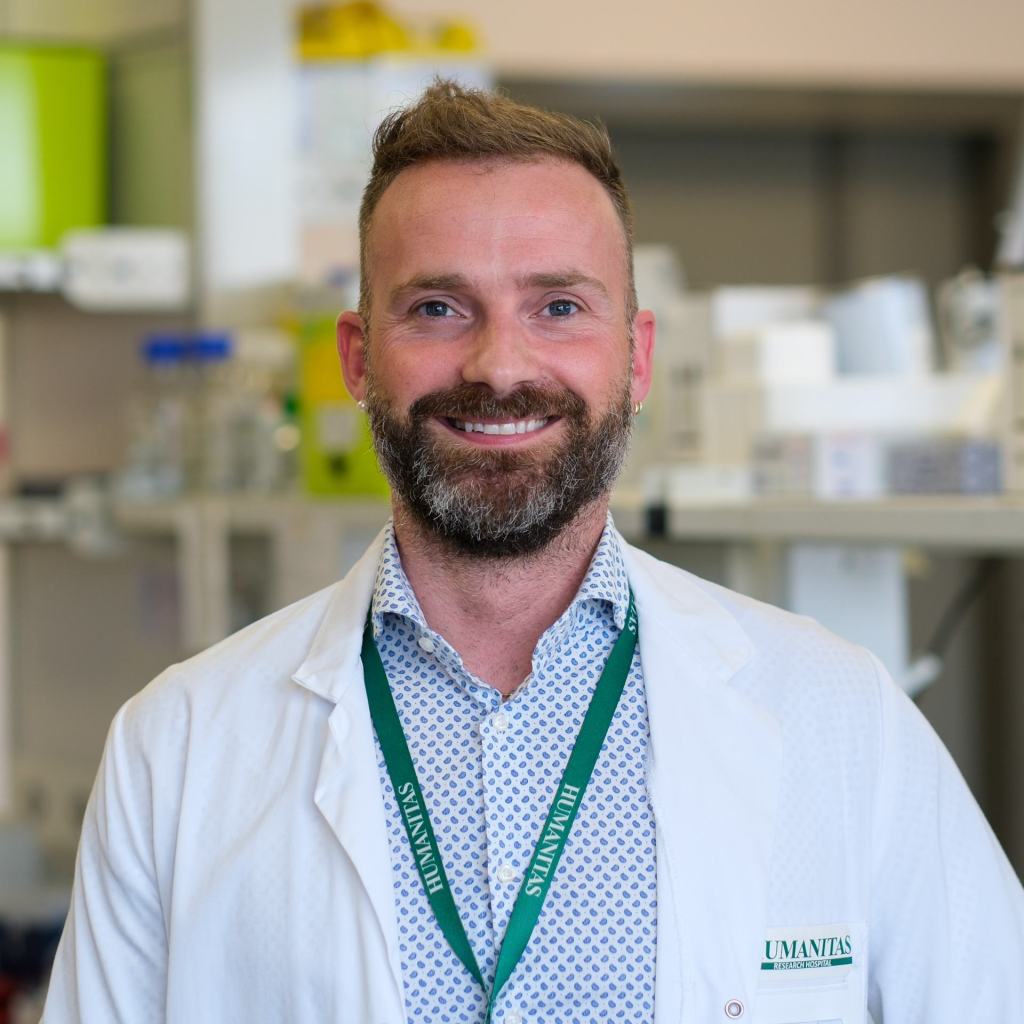Sebastiano Bariselli obtained his PhD in Neuroscience from the Universities of Geneva and Lausanne (Switzerland), where he investigated how SHANK3 regulates the maturation of dopamine circuits involved in social reward. He later contributed to defining how Neuroligin 3 mutations impair social-induced plasticity in VTA dopamine neurons, uncovering convergent circuit mechanisms in autism spectrum disorders. He pursued postdoctoral training at the NIH (USA), focusing on corticostriatal circuit dysfunctions in addiction and fetal alcohol exposure.
Since June 2023, he has been Assistant Professor of Physiology at Humanitas University, where he leads an independent research line within the PNRR-CN3 Spoke 9 Platform MULTIVAL. His team investigates how early-life environmental insults disrupt corticostriatal circuit maturation. In particular, they study how alcohol interferes with maternal brain plasticity to disrupt mother-infant attachment and impair neurobehavioral development in the progeny, with long-term consequences on affective and motor states. Their work combines ex vivo electrophysiology, in vivo calcium imaging, and automated behavioral analysis to uncover brain circuit vulnerabilities to neurological and psychiatric deficits.
